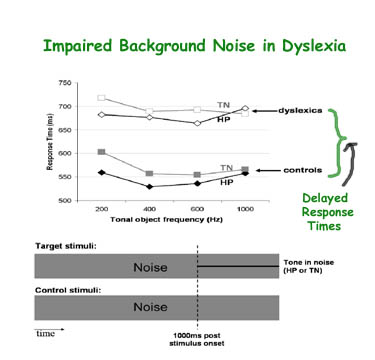Organizing Information After Diagnosis
Wednesday, September 19, 2012
7 p.m. Central Time
Registration: $10
To register, CLICK HERE
Do you have a child who was diagnosed with dyslexia or another disorder? If so, you probably have paper trails throughout your house and small mountains of evaluation results, school forms and examples of your child’s homework. Creating an organizational system to readily find and keep important papers will be helpful for you and your child. Attendees will learn what information is important to document and keep, and how to organize it. This system can be transferred over to your child at the appropriate age to help your child advocate for their needs when documentation is required for future accommodations they may desire for ACT, SAT and college admittance. Resources and strategies for organizing papers and technology will be addressed as well as organizing information on the computer.
Panelist: Erika Frake, founder/owner, THINK with Success!








